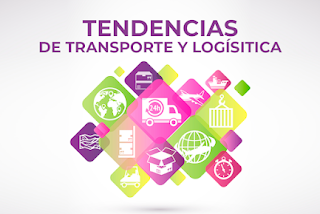Why use a freight forwarder?

Freight forwarding companies offer an essential service to businesses involved in international trade. A freight forwarder is a specialist in logistics and transportation, and they help businesses to arrange the movement of goods from one country to another. Here are some of the key reasons why businesses choose to work with freight forwarders: Freight forwarding companies have specialized knowledge of international trade regulations, customs requirements, and documentation. They can help businesses to navigate the complexities of cross-border logistics and ensure that their shipments comply with all relevant rules and regulations. Additionally, freight forwarders have extensive experience in managing logistics operations, which can help businesses to optimize their supply chain and improve their bottom line. Freight forwarding companies can help businesses to save money in several ways. Firstly, they can negotiate better rates with shipping lines, airlines, and other transportation








